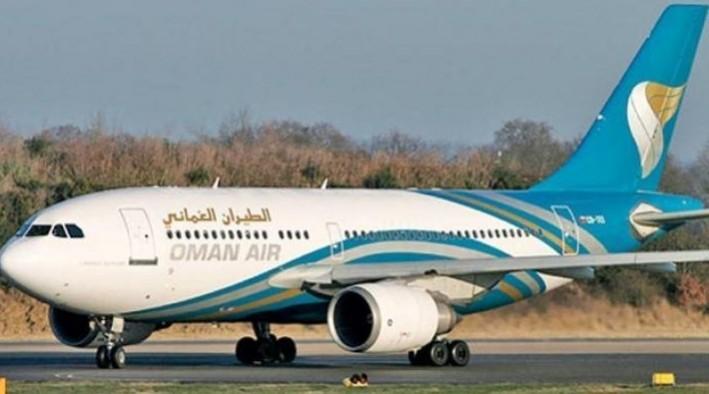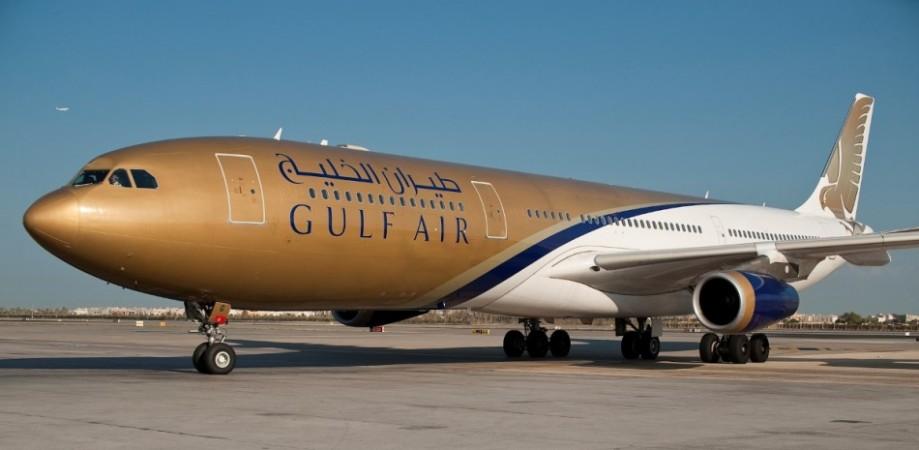
Competition among Gulf carriers is expected to intensify as Oman plans to establish another airline that would manage domestic operations from national carrier Oman Air, which is close on the heels of Abu Dhabi's move to set up a budget airline.
Oman Aviation Group, the holding company of Oman Air, Oman Airports Management Company and Oman Aviation Services, has already issued a request for proposal this month for conducting a feasibility study on the regional airline called Oman Link, Reuters said in a report.
The Sultanate has been focusing on developing Muscat as a regional hub similar to Dubai or Qatar for several years with a series of measures, including strengthening of state-owned Oman Air and heavily investing in modernising the country's two international airports – Muscat and Salalah.
The massive expansion that was completed in 2018 helped in raising the passenger handling capacity of Muscat International Airport to 12 million passengers. Plans are also afoot to further raise the passenger handling capacity to 24 million, 36 million and 48 million in three different phases, respectively if needed. The move is also part of the Sultanate's ambitious plan to attract foreign tourists in a move to diversify its economy by reducing reliance on oil revenue.
Regional Hub
After divesting its 50 per cent stake in Gulf Air some years ago, the Omani government also invested heavily in developing two regional airports – Sohar and Duqm – while plans are afoot to build another regional airport in Ras Al Hadd. Besides, the country's pension funds had jointly promoted the country's second airline – Salam Air – more than two years ago.

Formation of a separate airline would not only help to expand domestic operations but also aid Oman Air to effective competitive with its regional rivals, especially Emirates, Etihad, Air Arabia, flydubai and Qatar Airways.
The new airline is expected to operate in partnership with the Gulf state's national carrier for convenient passenger connectivity to international flights.
Oman Air, which operates a network of about 50 destinations in 27 countries out of its primary hub at Muscat, has ambitious plans to strengthen its total fleet size to around 70 planes by 2022.

















